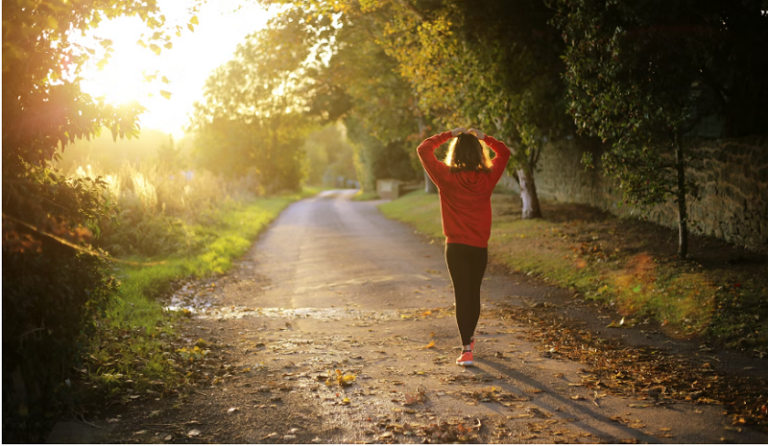
How To Find Natural Alternatives To Sleep Aids
Relying on sleep aids can lead to dependency and other side effects, but there are plenty of natural alternatives that can help improve your sleep quality and overall health. Here are ten practical tips to help you find and use natural sleep aids:
1. Create a Sleep-Inducing Environment
Ensure your bedroom is conducive to sleep by keeping it cool, dark, and quiet. Use blackout curtains, earplugs, or a white noise machine to eliminate disturbances. A comfortable mattress and pillows are essential for promoting restful sleep.
2. Establish a Relaxing Bedtime Routine
Engage in calming activities before bed to signal to your body that it’s time to wind down. Consider reading a book, taking a warm bath, or practicing meditation. A consistent pre-sleep routine can help prepare your mind and body for rest.
3. Practice Aromatherapy
Certain scents, such as lavender and chamomile, are known for their calming effects. Use essential oils in a diffuser, apply them to your pillow, or add a few drops to a warm bath. Aromatherapy can help reduce stress and promote relaxation, making it easier to fall asleep.
4. Incorporate Herbal Teas
Herbal teas like chamomile, valerian root, and passionflower have natural sedative properties that can help you relax and fall asleep. Enjoy a warm cup of herbal tea about an hour before bed to promote drowsiness and improve sleep quality.
5. Use Magnesium Supplements
Magnesium is a mineral that plays a crucial role in sleep regulation. It helps relax muscles and calm the nervous system. Consider taking a magnesium supplement or incorporating magnesium-rich foods like spinach, almonds, and avocados into your diet.
6. Practice Mindfulness and Meditation
Mindfulness and meditation can help reduce stress and anxiety, which are common causes of sleep disturbances. Spend a few minutes each night practicing deep breathing exercises, guided meditation, or simply focusing on the present moment to clear your mind and promote relaxation.
7. Engage in Regular Exercise
Regular physical activity can help you fall asleep faster and enjoy deeper sleep. Aim for at least 30 minutes of moderate exercise most days of the week, but try to complete your workout at least a few hours before bedtime to avoid overstimulation.
8. Adjust Your Diet
Certain foods can promote sleep by increasing levels of sleep-inducing hormones like melatonin and serotonin. Include sleep-friendly foods like bananas, almonds, turkey, and warm milk in your evening meals or snacks. Avoid caffeine and heavy meals close to bedtime.
9. Limit Screen Time Before Bed
The blue light emitted by phones, tablets, and computers can interfere with melatonin production. Try to avoid screens at least an hour before bed. If you must use electronic devices, consider using blue light-blocking glasses or activating the night mode on your devices.
10. Consider Cognitive Behavioral Therapy for Insomnia (CBT-I)
CBT-I is a structured program that helps address the underlying causes of insomnia and develop healthy sleep habits. It involves techniques such as sleep restriction, stimulus control, and cognitive restructuring. Seek guidance from a healthcare provider or a sleep specialist to learn more about CBT-I.
By incorporating these natural alternatives into your routine, you can improve your sleep quality without relying on sleep aids. A restful night’s sleep is vital for your overall health and well-being, and these practical tips can help you achieve better sleep naturally. Prioritize your sleep, and enjoy the numerous benefits that come with a good night’s rest.




